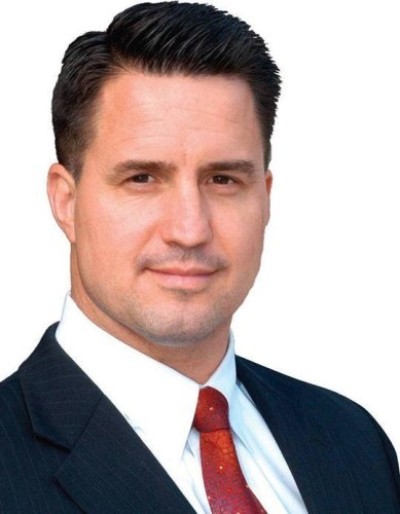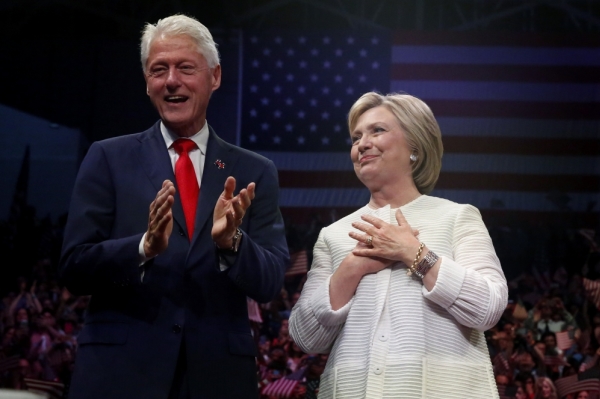The scientific, technological elite is not where to put our ultimate faith

With the release of Dr. Anthony Fauci’s emails, detailing his communications early in the COVID-19 pandemic, many Americans are now facing hard truths. The emails show that Dr. Fauci was warned by scientists, at the earliest stages of the pandemic, of solid evidence COVID-19 showed signs of human engineering. The emails include communications about quieting public disclosure that the source of the virus might be from a Wuhan lab leak.
Dr. Fauci’s public stance, until forced to change, was that the virus almost certainly originated naturally from animal transmission to humans; likely from the Wuhan wet market, as hard as that appears to believe. The mainstream media helped push this narrative by calling the engineered COVID-19 lab leak theory a “dangerous” “fringe” “conspiracy”. Social media censored any publication of the lab leak theory. We also learned through the emails Dr. Fauci knew of the potential positive effects of hydroxychloroquine.
Unfortunately, he kept this quiet and allowed the narrative of hydroxychloroquine being too dangerous to use; similar issues with masks.
Over many decades, Americans have come to put more faith in government “experts” to the exclusion of all else. It’s time we get away from what President Eisenhower warned about over 60 years ago, putting our ultimate faith in a “scientific-technological elite” over God and reason. Let me explain.
First, Americans have not traditionally put such sole and unquestioning faith in government expertise to handle problems. The nation’s founding fathers, starting with George Washington, continuously asserted the importance of the nation putting ultimate faith in God and the brainpower of individuals outside of government. During the Civil War, the Treasury Department first started putting the motto “In God We Trust” on coins as a testimonial to ultimate faith. As for “faith” in experts, Abraham Lincoln fired General officer after General officer before finally appointing Ulysses S. Grant as the commanding general of Union Forces in 1864.
In following the traditional national faith, On Flag Day (1954), President Eisenhower provided the following as justification for putting “under God” in our national pledge of allegiance: “In this way we are reaffirming the transcendence of religious faith in America’s heritage and future; in this way we shall constantly strengthen those spiritual weapons which forever will be our country’s most powerful resource in peace and war.” In 1956, Eisenhower successfully pushed “In God We Trust” through Congress as the official motto of the United States and signed it into law. The next year that motto went on all currency.
The dynamic of Americans putting ultimate and unquestioning faith in “elite experts” predated World War II. President Woodrow Wilson brought that era’s “progressive” ideas with his administration, including the idea of an elite ruling class of experts managing and centralizing society for the alleged benefit of the non-experts. The nation, including elected leaders, would be expected to unquestioningly follow expert opinion and advice for the critical issues facing the nation. After World War II, that dynamic of centralized management of the nation gained steam with challenges associated with the Cold War.
President Eisenhower’s Farewell Address in 1961, often referred to as the “military industrial complex” speech, provided a prescient warning of the dangers of putting ultimate faith in national experts over God and reason. Eisenhower’s words describe worrying changes in American faith during his lifetime:
“Today, the solitary inventor, tinkering in his shop, has been overshadowed by task forces of scientists in laboratories and testing fields. In the same fashion, the free university, historically the fountainhead of free ideas and scientific discovery, has experienced a revolution in the conduct of research. Partly because of the huge costs involved, a government contract becomes virtually a substitute for intellectual curiosity…. The prospect of domination of the nation's scholars by Federal employment, project allocations, and the power of money is ever present and is gravely to be regarded. Yet, in holding scientific research and discovery in respect, as we should, we must also be alert to the equal and opposite danger that public policy could itself become the captive of a scientific-technological elite.”
Ironically, President Eisenhower is not ranked as one of the more religious presidents. He was only baptized as a Presbyterian in 1953 as president and remained comparatively silent on most religious issues. Regardless, Eisenhower was able to see the importance of putting ultimate national faith in God and personal reason, not “elite experts”. With the Fauci emails evidencing the multiple critical mistakes and disingenuous information, Americans should pay more heed to Eisenhower’s warnings. “In God We Trust” is our national motto, and it’s time we get back to putting ultimate faith in God. Never again giving unquestioned obedience to a scientific-technological elite.
Bill Connor, a retired Army Infantry colonel, author and Orangeburg attorney, has deployed multiple times to the Middle East. Connor was the senior U.S. military adviser to Afghan forces in Helmand Province, where he received the Bronze Star. A Citadel graduate with a JD from USC, he is also a Distinguished Graduate of the U.S. Army War College, earning his master of strategic studies. He is the author of the book Articles from War.





















